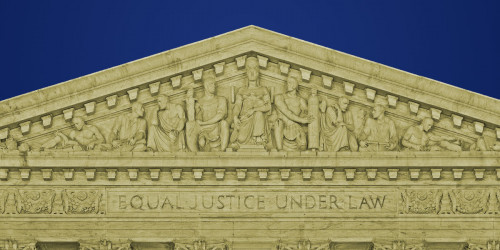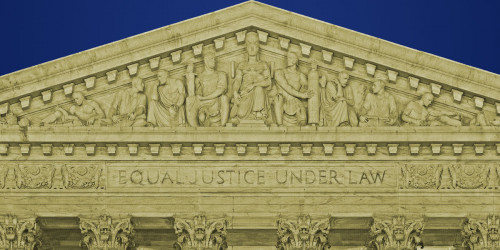Internet shutdowns, content filtering, arrests of bloggers, and online surveillance in North Africa have been headline news for the past year and a half, but internet issues in the rest of the African continent haven’t received quite as much press coverage. This silence is partly because there is simply less internet penetration south of the Sahara, but there may also be a paralyzing current of opinion whereby stories that highlight human rights issues or a lack of democracy in the region are either dismissed as old news or written off as paternalistic.
Ethiopia sometimes gets particularly little coverage in Western or international media because the political situation there is not nearly as dramatic as it is in other countries in sub-Saharan Africa. The government is nominally structured as a parliamentary democracy and it has good relations with the United States and Europe. Still, the ruling Ethiopian People's Revolutionary Democratic Front tightly controls the country’s electoral politics and media representation.
Internet censorship and content filtering are well-established in Ethiopia. The state owns and manages the country’s sole Internet service provider, Ethiopian Telecommunication Corporation (Ethio-Telcom). While Ethiopian Internet penetration is only about 1%, there is still a vibrant, tightly-knit community of bloggers whose websites, blogs, and Facebook pages have been blocked by the government. The blocks themselves look innocuous to Ethiopian Internet users, because the browser will simply notify users that the server request has timed out.

This error-message block is similar to what users have experienced in China when trying to access censored websites or use restricted search terms. It figures, then, that the Ethiopian and Chinese governments have conducted joint workshops on “mass media institution” management and Internet management. Inexpensive Chinese technology has also replaced American technology for building Ethiopian Internet infrastructure.
EFF recently reported on a new Telecom Service Infringement Law that includes explicit content-filtering provisions that protect “national security.” The law criminalizes online speech that may be construed as defamatory or terrorist, and holds the website or account owner liable even if the speech is posted as a comment by a third party on their website. These speech-chilling stipulations are hidden deep within a licensing bill that would, on the surface, seem to simply clarify Ethio-Telecom’s power to regulate Internet services such as VoIP.
Aggressive content regulation through secret filtering and legal restrictions is just the beginning of Ethiopia’s draconian Internet policy. Ethio-Telecom has recently begun deep packet inspection of all Internet traffic in the country. Engineers at the Tor Project discovered this when Tor stopped working in Ethiopia weeks ago. They determined that the Internet service provider had figured out how to fingerprint and subsequently block Tor requests encrypted through TLS. Bridge-configuration, the ordinary way to get around Tor blocks in other countries, failed to work in Ethiopia until a workaround was subsequently developed. An engineer at Tor later hypothesized, “My guess is that they are only blocking Tor because whatever device (probably from an outside firm) they have came with a block-Tor-plugin.” At this time, the only other countries that actively block access to Tor are China and Iran.
Why does Ethiopia keep company with some of the most restrictive Internet regimes in the world if the country has so little connectivity and few users? The country’s Internet policy continues to develop in the broader context of an equally restrictive press freedom environment. During the last general election in 2005, many journalists, election observers, and opposition party leaders were detained. UNESCO hosted a World Press Freedom Day event in Addis Ababa, the national capital, about a year ago. Ironically, the government forcibly replaced several independent journalists on the agenda with pro-government speakers.
Like the former Soviet republics of Belarus, Uzbekistan, Azerbaijan, Tajikistan, Georgia and Kazakhstan, the Ethiopian government may be ratcheting up its Internet censorship regime in response to fears sparked by the Arab Spring. EFF will continue to keep a close eye on development as politically sensitive milestones, such as the Ethiopia’s general election, near.











